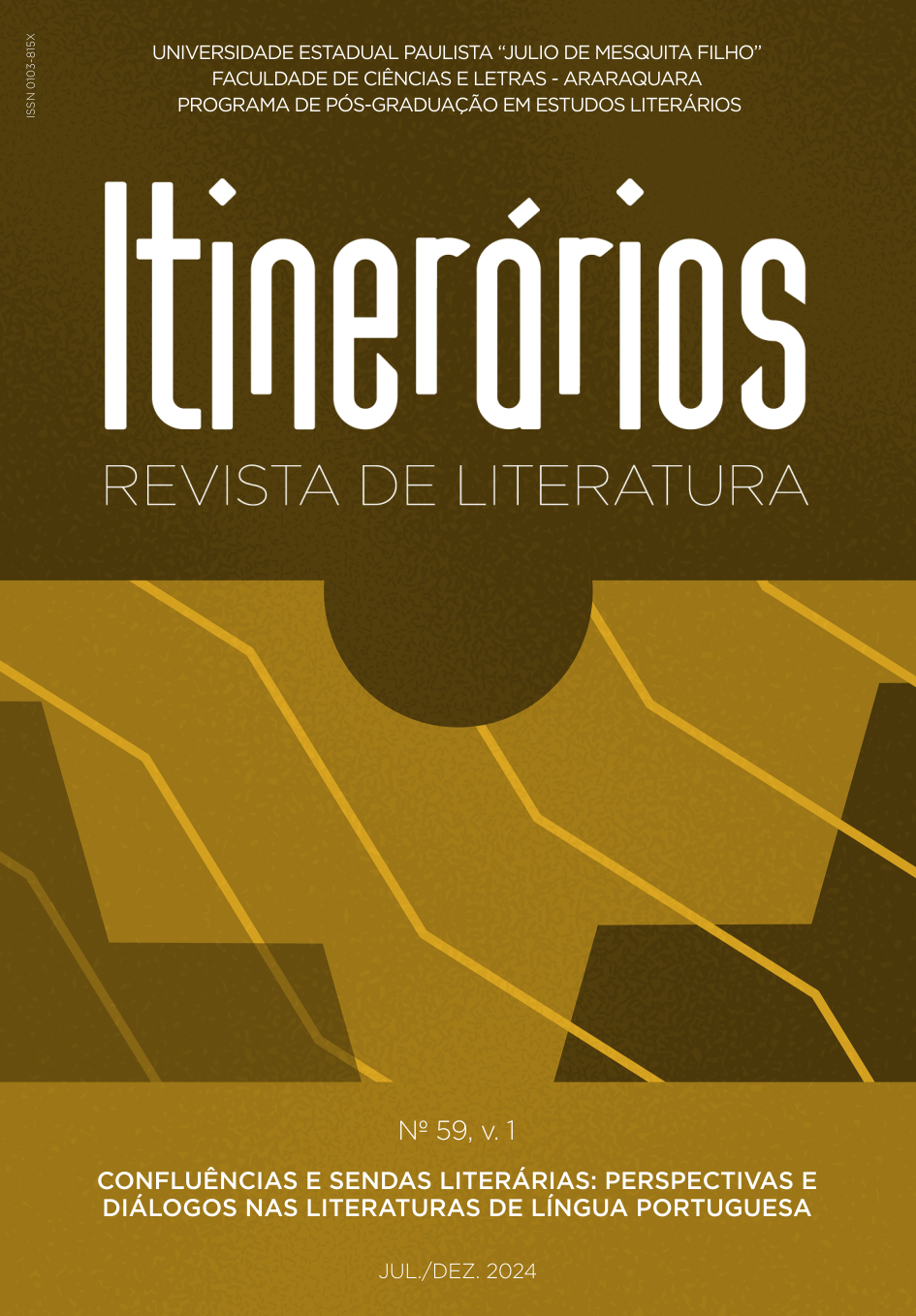My Portuguese Brazil
Brazilian stereotypes in Meu Portugal brasileiro
DOI:
https://doi.org/10.58943/irl.v1i59.19594Keywords:
Image, Brazilian representation, Contemporary Portuguese literature, ColonialismAbstract
This work aims to analyze how Brazil and Brazilians are portrayed in José Jorge Letria's book Meu Portugal brasileiro, based on stereotype theories. Starting with reflections on imagery, a brief analysis is made of the covers and illustrations by Jean Baptiste Debret and Johann Moritz Rugendas. It is observed how the construction of an image can create or reinforce stereotypes. Using Robert Stam's concept of mental shortcuts and Homi K. Bhabha's idea of fetishistic representation, examples of various stereotypes about Brazil and Brazilians found in hyper-contemporary Portuguese literature are discussed, with Letria's book as a basis: Brazil is depicted as a fragrant and colorful country, filled with exotic fruits and foods, people of many races, with freedom in customs and a backward culture. Although the book attempts to question mistaken representations of Brazil, it ultimately falls into a stereotyping that still persists in the 21st century. Finally, the contemporary movement questioning the Brazilian image and the colonial issue in Portuguese literature is highlighted, featuring authors such as Alexandra Lucas Coelho, Dulce Maria Cardoso, among others.
Downloads
Published
Issue
Section
License
Os manuscritos aceitos e publicados são de propriedade da revista Itinerários. É vedada a submissão integral ou parcial do manuscrito a qualquer outro periódico. A responsabilidade do conteúdo dos artigos é exclusiva dos autores. É vedada a tradução para outro idioma sem a autorização escrita do Editor ouvida a Comissão Editorial.

